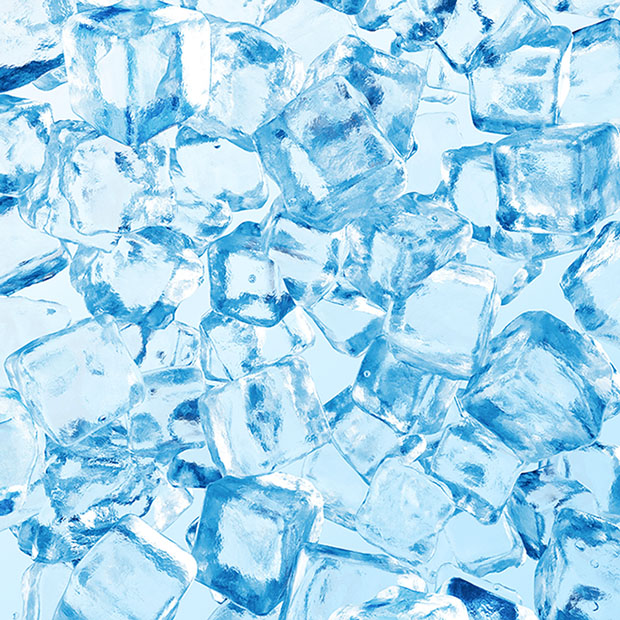Chewing Ice Can Ruin Your Teeth

It may seem harmless to crunch on ice cubes, but chewing ice is one of the most damaging habits for your teeth.
Many people do it out of boredom or as a way to cool down, and some even find it satisfying. However, what might feel like a harmless treat can actually lead to serious dental problems over time. Here’s why chewing ice is bad for your dental health and what you can do instead.
The Hidden Dangers of Chewing Ice
- It Can Crack or Chip Your Teeth: Tooth enamel is the hardest substance in your body, but it’s not invincible. Ice is rigid and unforgiving, and biting down on it can lead to cracks or chips in your teeth. Even if you don’t feel any immediate pain, small fractures can form and worsen over time, eventually requiring restorative treatment like crowns or bonding.
- It Wears Down Enamel: Repeatedly chewing hard substances like ice can gradually wear down enamel (the protective outer layer of your teeth). Once enamel is worn away, it doesn’t grow back. Thinner enamel increases your risk of tooth sensitivity and makes your teeth more vulnerable to cavities and decay.
- It Can Damage Dental Work: If you have fillings, crowns, veneers, or braces, chewing ice can compromise or break them. Dental restorations are strong, but they’re not designed to withstand the kind of pressure ice chewing creates. You may end up needing costly repairs or replacements.
- It Irritates Your Gums: Chewing sharp, jagged pieces of ice can also injure your gums. These small cuts or abrasions may not seem like a big deal, but they can create openings for bacteria, potentially leading to gum infections or irritation — especially if you already have sensitive gums or gingivitis.
- It May Be a Sign of an Underlying Health Issue: Constantly craving ice could be a sign of an underlying medical condition such as iron deficiency anemia. This condition can lead to a behavior known as “pagophagia,” a compulsive need to chew ice. If you or your child regularly craves ice, it’s a good idea to talk to your doctor to rule out any nutritional deficiencies.
Healthier Alternatives to Ice Chewing
If you find yourself chewing ice out of habit, here are some safer alternatives that can help you break the cycle:
- Let the Ice Melt on Your Tongue: If you must have ice, let it melt on your tongue instead of chewing it to keep the extreme cold a little farther from your teeth.
- Cold Snacks: Try frozen grapes, cold carrot sticks, or apple slices from the fridge. They satisfy the crunch without the danger.
- Sugar-Free Gum: Chewing gum can help satisfy the need to chew and may even help clean your teeth by increasing saliva flow.
- Hydration: If you chew ice because you’re thirsty, increase your water intake to avoid the craving altogether.
Protect Your Smile by Skipping the Crunch
While chewing ice might seem like a harmless habit, the risks to your dental health are significant. From cracked teeth and damaged enamel to broken fillings and irritated gums, it’s just not worth it. If you’ve already noticed wear or damage from ice chewing, don’t wait: schedule a dental checkup to catch issues early. And if the habit is hard to break, talk to your dentist about ways to protect your teeth while finding a safer substitute. Your smile will thank you!
